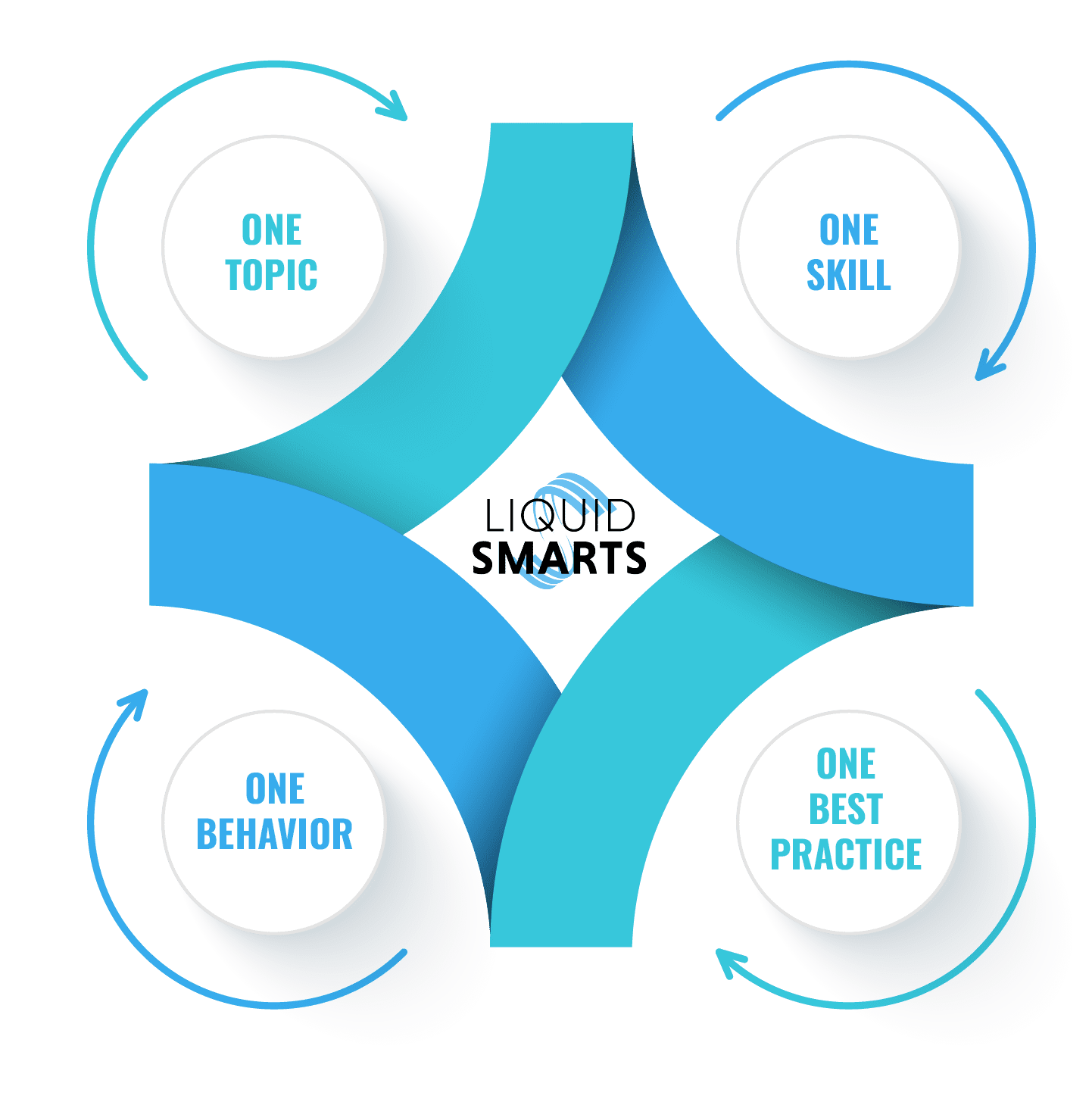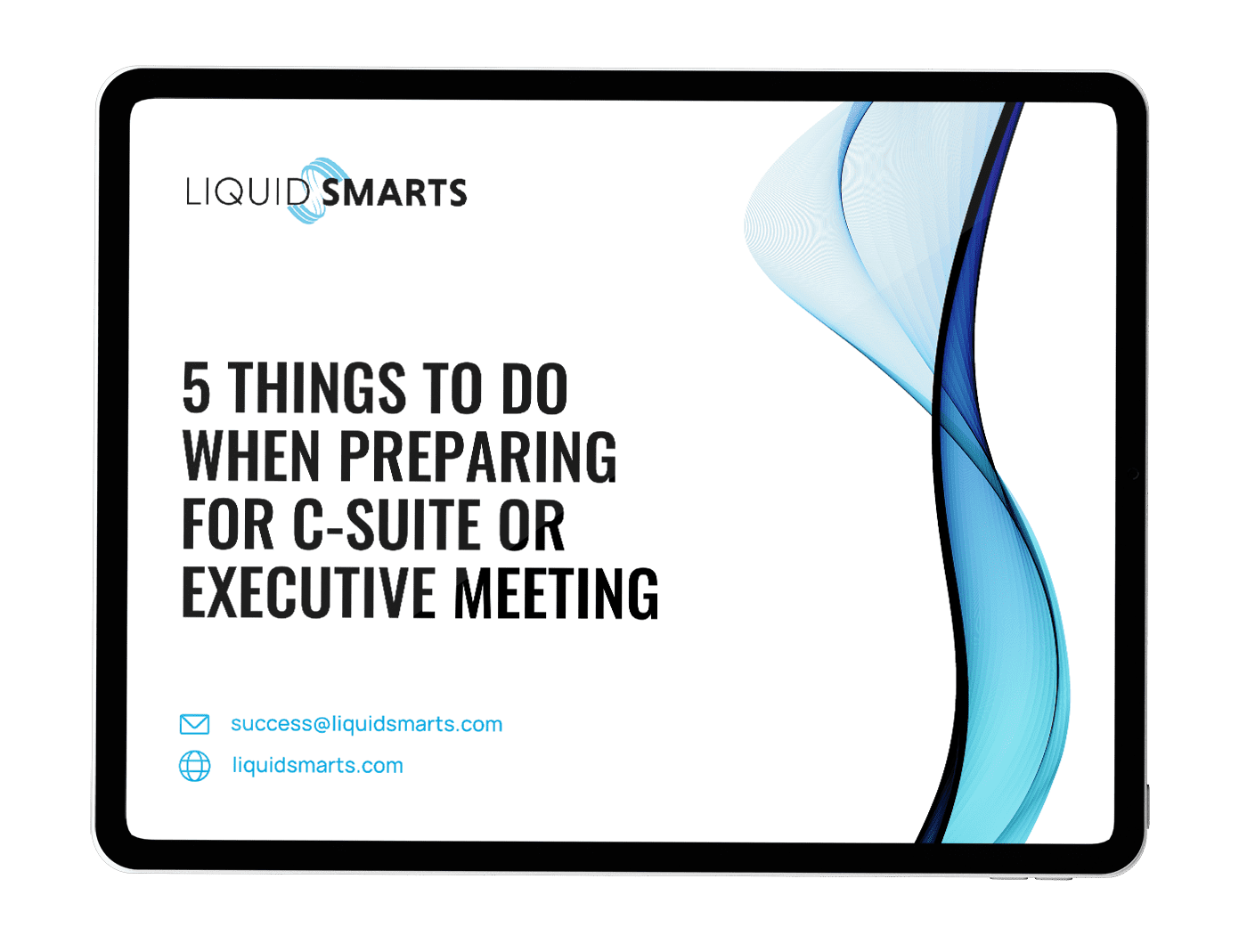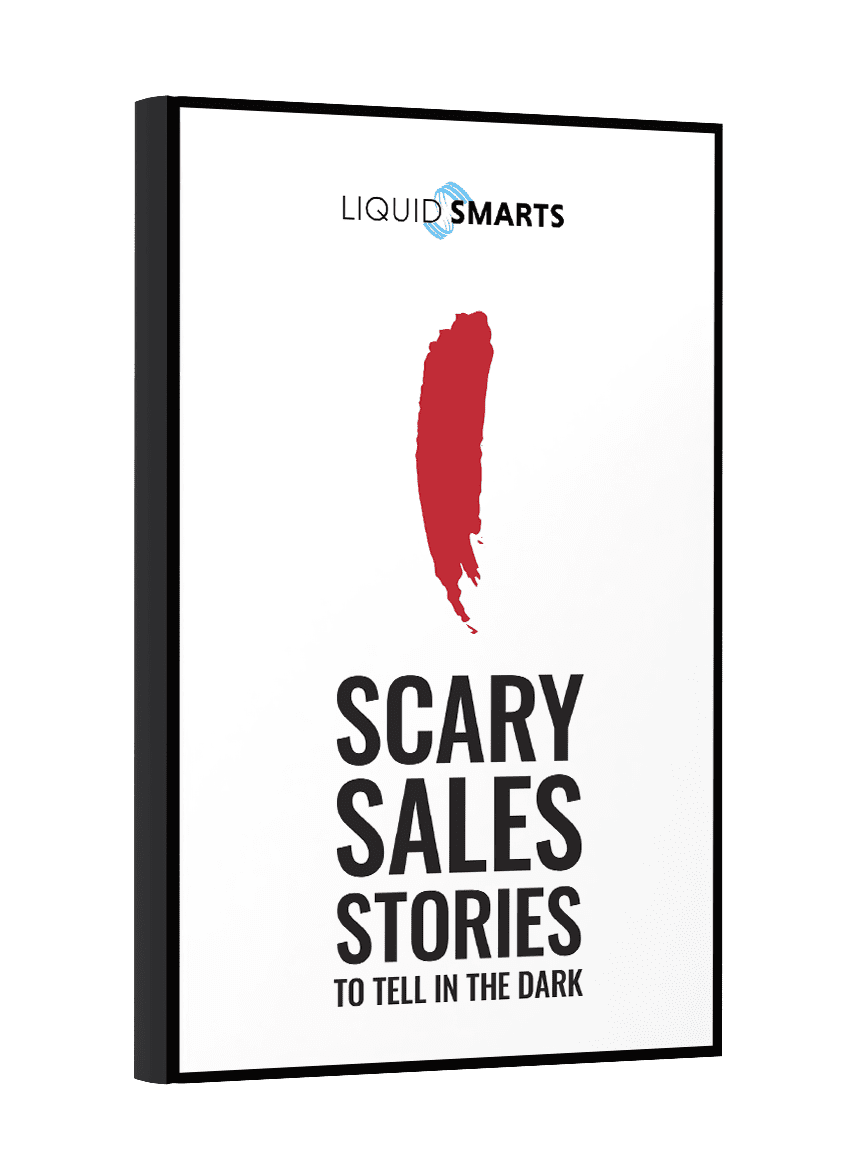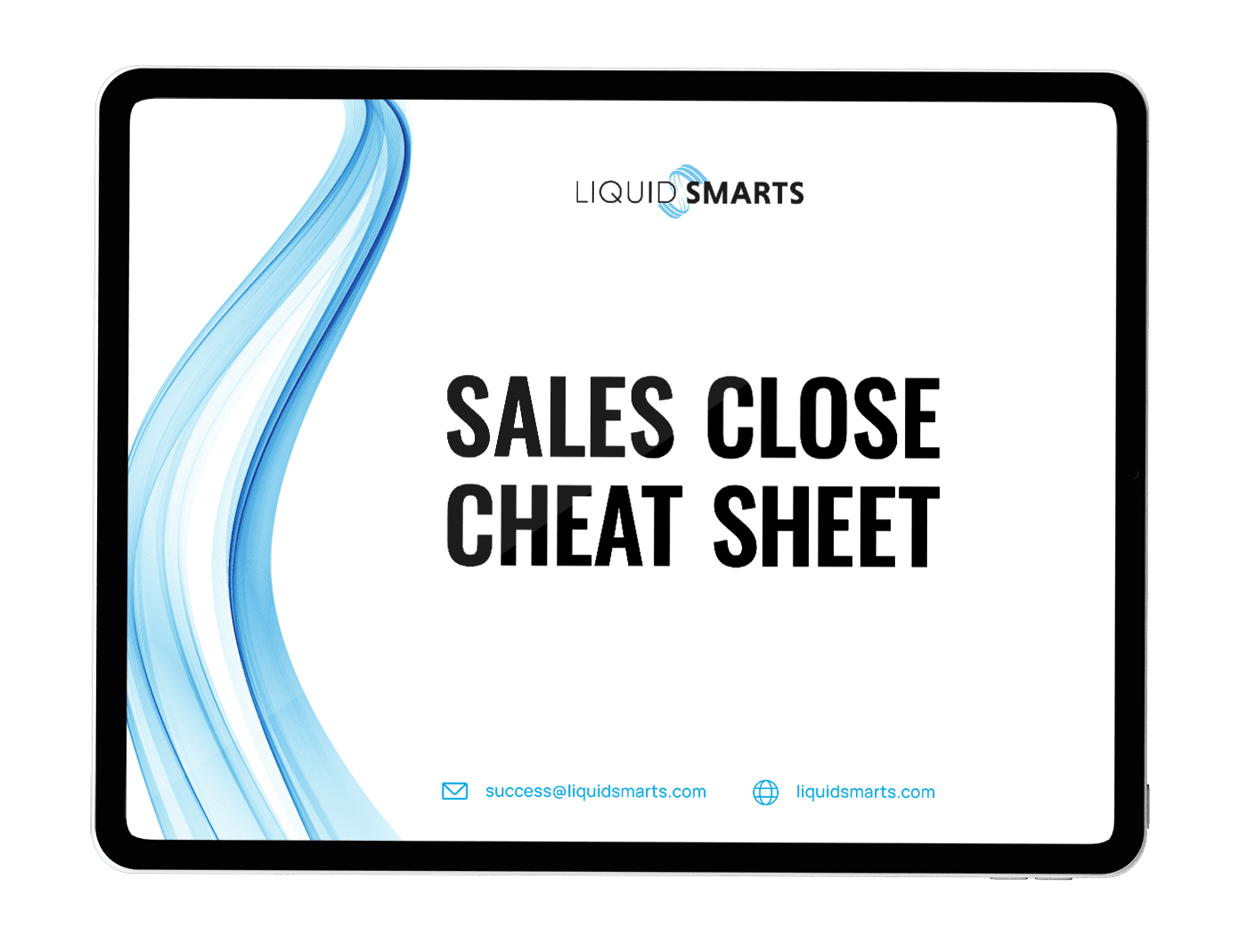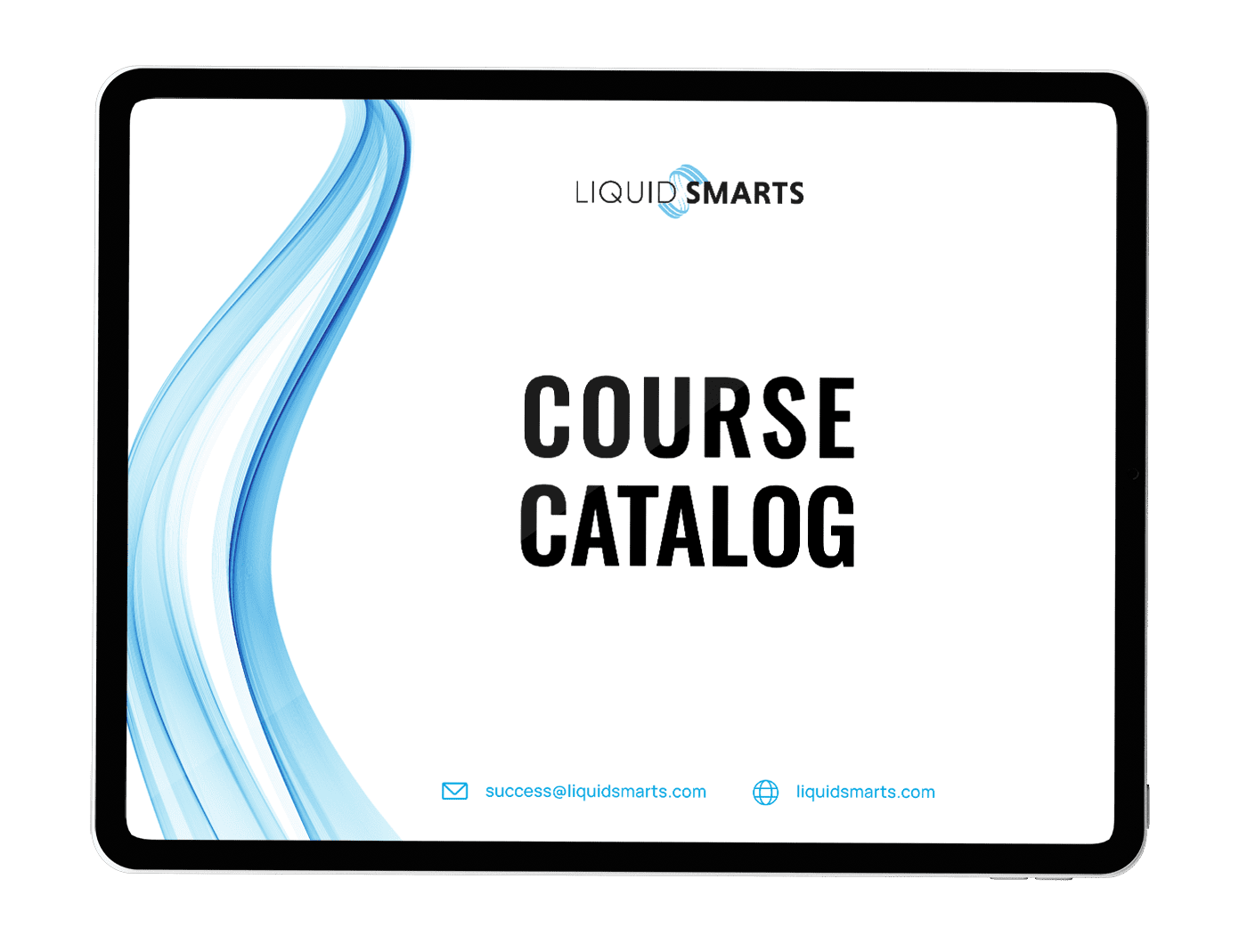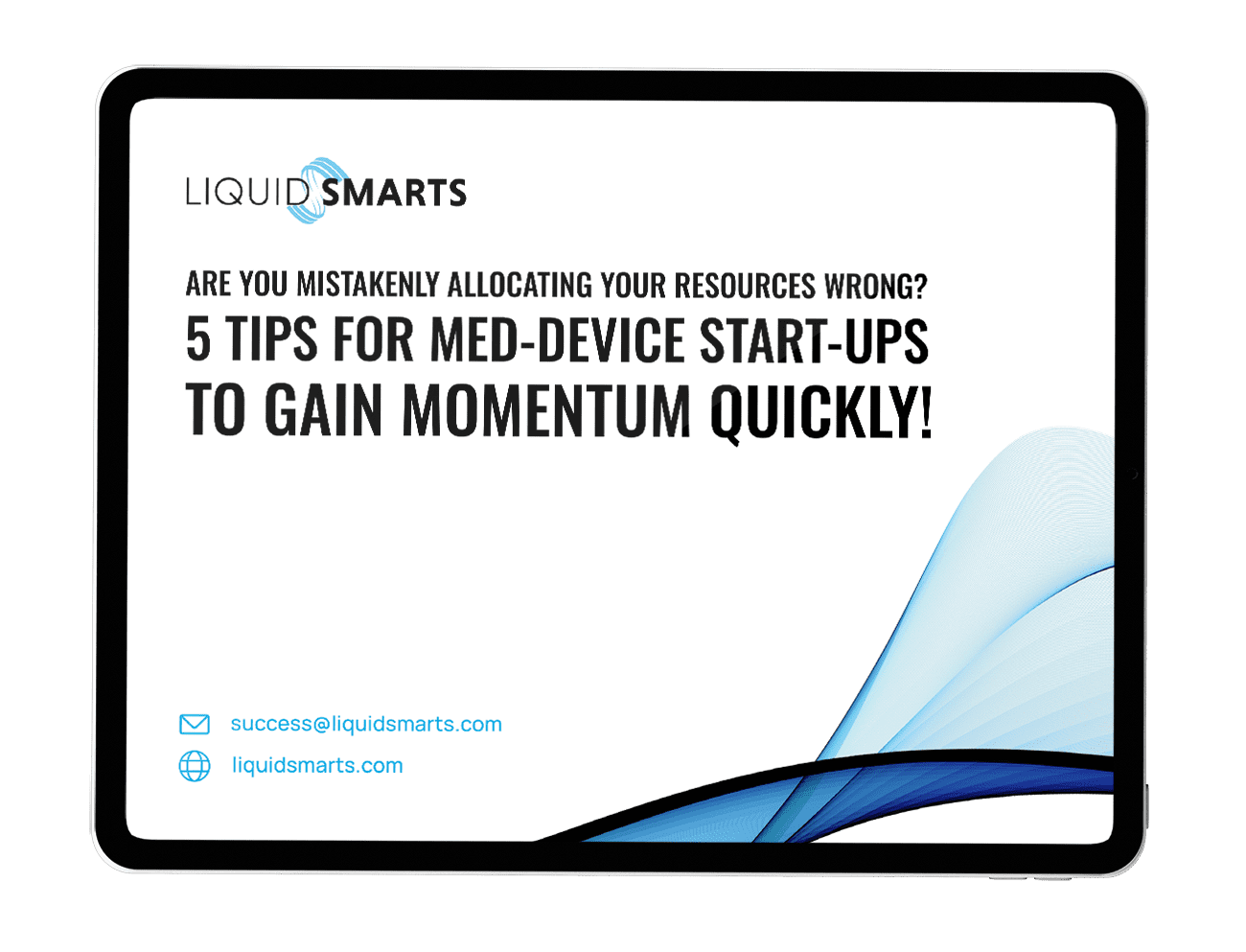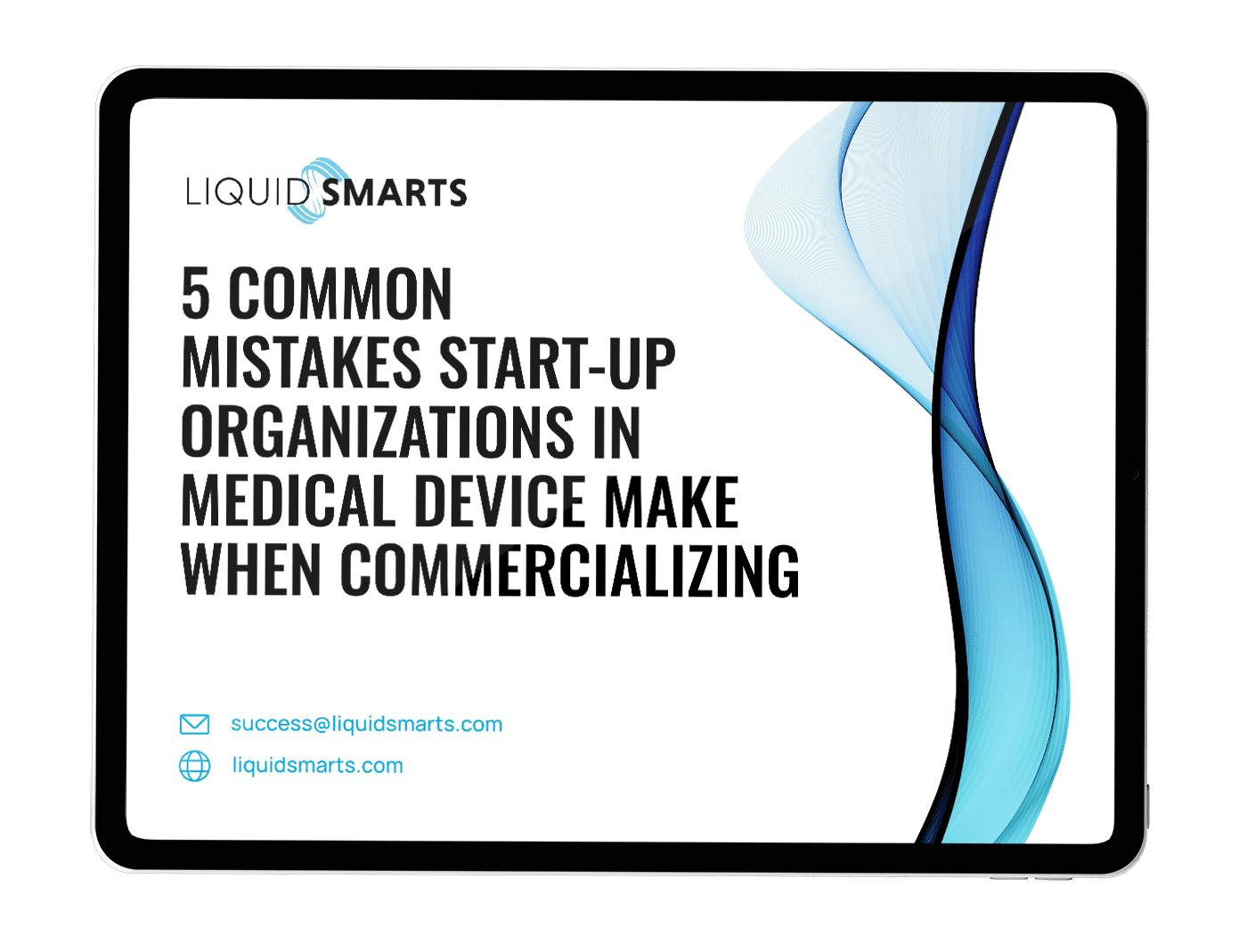The Background
Our client—a MedTech sales organization—was losing ground to more agile competitors in a highly competitive market. The newly appointed Vice President of Sales turned the situation around within an aggressive 90-day timeline. Applying our Value Proposition Framework and DealSMARTS value-based orientation, we identified that the biggest untapped resource was the tenured sales team. Instead of a traditional top-down approach, we implemented a reverse mentoring strategy, flipping expectations and leveraging senior staff’s experience in tandem with junior team members’ fresh perspectives.
The 90-Day Reverse Mentoring Program
Weeks 1-2: Digital Deep Dive
Like many we support, the organization was in the middle (somewhere) of a digital transformation. CRM utilization was inconsistent, and complaints were numerous. To start, we leveraged the digital savvy of junior team members, having them audit our existing digital tools and processes. This “Digital Deep Dive” was essential in aligning our technology stack with the modern sales landscape.
- DealSMARTS Insight: We started by conducting a fresh audit of digital tools and identified seven critical inefficiencies that negatively affect salespeople’s ability to navigate a deal effectively. We corrected the value-analysis package and structured the document flow for the physicians. This saved resources and empowered the tenured team to understand the importance of digital fluency in today’s sales environment.
Weeks 3-4: Customer Journey Mapping
Next, we formed mixed-level teams to map the current customer journey from the outside of the sales organization. Our approach focused on understanding where value could be added or where gaps in engagement existed.
- Value Proposition Application: The team uncovered three key touchpoints we were missing, showing that even experienced teams might overlook critical areas. One of the terms in the proposal required endorsement by value analysis, and we reoriented the account interaction flow to include this omission. This step allowed us to recalibrate our value proposition, ensuring it resonated and did not create issues with purchasing as our customers’ needs evolved.
Weeks 5-6: Rapid Prototyping
Based on the customer journey mapping insights, cross-functional groups rapidly prototyped new sales approaches. We encouraged a value-based orientation, focusing on solutions directly addressing customer pain points.
- Outcome: Five innovative tactics emerged, two of which became core strategies. This rapid iteration process validated our hypotheses and infused a sense of ownership across the team, driving immediate buy-in.
Weeks 7-8: Skills Swap
Recognizing the importance of mutual learning, we introduced bi-directional skill-sharing sessions. Tenured staff shared their relationship-building expertise, while junior team members provided insights into digital strategies.
- DealSMARTS Value: This cross-pollination resulted in a 40% increase in digital engagement across the team. We strengthened the organization’s overall capability by aligning traditional sales skills with modern digital techniques.
Weeks 9-10: Client Feedback Blitz
To ensure our evolving strategies were aligned with market needs, the entire sales team participated in rapid client feedback collection. This phase was critical in refining our value proposition.
- Result: We pivoted our value proposition based on feedback, resulting in an 80% endorsement rate within the test group. This alignment with customer expectations significantly increased our competitive positioning.
Weeks 11-12: Agile Sales Playbook
Finally, we synthesized all learnings into a new, agile sales playbook. This living document was designed to be adaptable, ensuring the organization could continuously evolve in response to market shifts.
- Outcome: The new playbook reduced the average sales cycle time by 20%, directly contributing to faster deal closures and an improved bottom line.
Final Week: Launch & Learn
The program concluded with an organization-wide rollout, where the new strategies were implemented with built-in feedback loops to foster continuous improvement.
- Result: The outcome was a 28% increase in win rates against tech-savvy competitors, demonstrating the effectiveness of the reverse mentoring and value-based orientation approach.
Key to Success
By applying the DealSMARTS value-based orientation and leveraging our Value Proposition Framework, we transformed what could have been a disruptive overhaul into a collaborative, innovative process. We recognized that our most significant asset was the tenured team’s experience and wisdom; by integrating their expertise with the fresh perspectives of junior members, we unlocked new performance levels.
Board’s Reaction and Future Plans
Impressed by the rapid and sustainable results, the team has expanded, and the company has grown significantly. They remarked that the thinking style is shifting within the organization. They were pleased with the VP’s performance in ensuring the organization adapts and thrives in an ever-changing market.
Embracing Innovation for Transformative Change with LiquidSMARTS
This case study underscores the importance of challenging traditional methods and embracing a value-based approach to driving rapid and meaningful change. Organizations can achieve transformative results quickly by focusing on the experience of tenured staff and the innovative potential of junior members.

